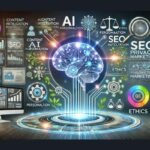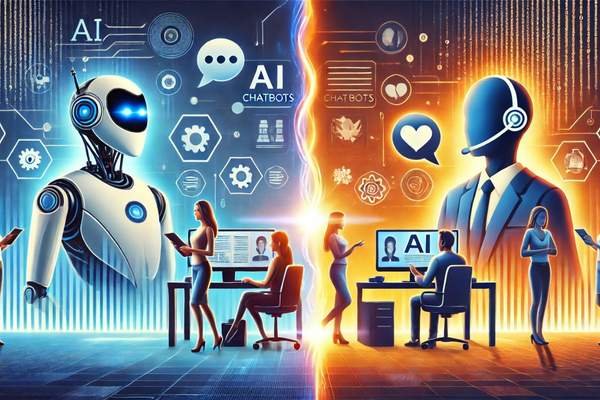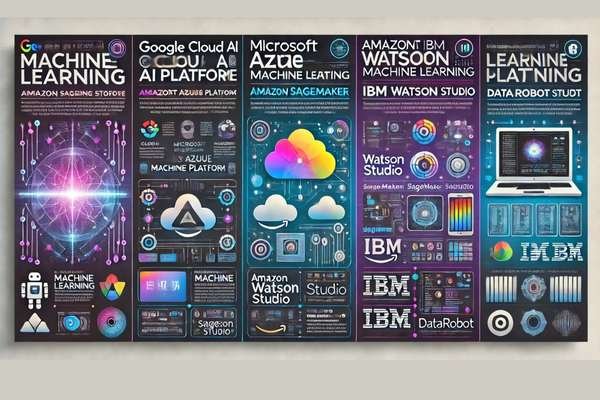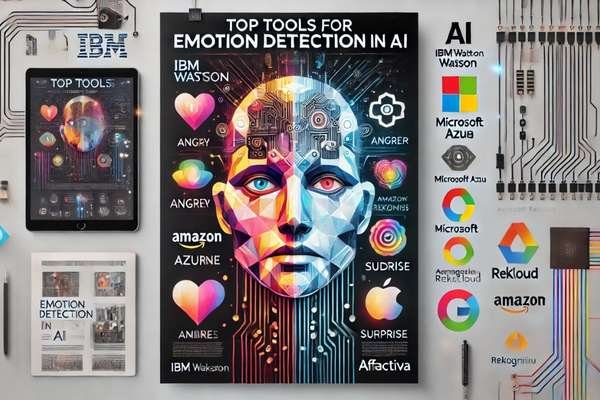
How to Increase Customer Engagement with AI Chatbots
September 20, 2024
Best Practices for Using AI in Your Content Strategy
September 21, 2024Human Agents vs AI Chatbots Which Works Best
In today’s fast-paced digital world, businesses face a crucial decision in customer service: AI chatbots vs human agents. As technology continues to evolve, the effectiveness of these two options has become a hot topic for digital marketing professionals, developers, and content creators. In this article, we will explore the strengths and weaknesses of AI chatbots and human agents, ultimately helping you determine which is more effective for your business needs.
Table of Contents
1. Understanding AI Chatbots
1.1 What Are AI Chatbots?
AI chatbots are software applications designed to simulate conversation with users. They utilize natural language processing (NLP) and machine learning to understand and respond to customer inquiries. Chatbots can handle various tasks, from answering frequently asked questions to processing orders.
1.2 Advantages of AI Chatbots
- 24/7 Availability: Chatbots can operate round the clock, providing immediate responses to customers at any time.
- Scalability: They can manage thousands of interactions simultaneously, making them ideal for high-volume inquiries.
- Cost Efficiency: Reducing the need for large customer service teams, chatbots can significantly lower operational costs.
1.3 Limitations of AI Chatbots
- Lack of Emotional Intelligence: Chatbots often struggle with understanding and responding to complex emotional nuances.
- Difficulty with Complex Queries: While effective for simple tasks, chatbots may falter with intricate or nuanced questions.
2. The Role of Human Agents
2.1 What Are Human Agents?
Human agents are individuals trained to assist customers directly. They provide personalized service and can address complex issues that require empathy and understanding.
2.2 Advantages of Human Agents
- Emotional Intelligence: Human agents can read emotions and respond empathetically, enhancing customer satisfaction.
- Problem-Solving Abilities: They can think critically and creatively, offering tailored solutions to unique customer problems.
- Personal Touch: Agents can create a rapport with customers, fostering loyalty and trust.
2.3 Limitations of Human Agents
- Availability Constraints: Human agents require breaks and can’t provide 24/7 service without shifts.
- Higher Costs: Employing a full team of agents can be significantly more expensive than utilizing chatbots.
3. Comparing Effectiveness
3.1 Customer Satisfaction
Numerous studies indicate that human agents tend to deliver higher customer satisfaction rates, particularly for complex inquiries. While chatbots can efficiently handle straightforward questions, the human touch is invaluable for issues requiring empathy.
3.2 Efficiency
For high-volume and repetitive tasks, AI chatbots outperform human agents. They provide quick responses, reducing wait times and handling multiple inquiries simultaneously.
3.3 Cost Analysis
Businesses aiming to cut costs may benefit more from implementing AI chatbots, especially in the early stages of customer service. However, a balanced approach that incorporates both chatbots and human agents may yield the best results long-term.
4. Best Practices for Implementation
4.1 Hybrid Approach
The most effective strategy often involves a combination of both AI chatbots and human agents. Implementing chatbots for basic inquiries while reserving human agents for complex issues can enhance overall service efficiency.
4.2 Regular Training
Ensure that human agents receive ongoing training to adapt to changing customer expectations and technologies. This helps maintain high service standards.
4.3 Customer Feedback
Regularly gather customer feedback on both chatbots and human agents. This data can guide improvements and help refine your customer service strategy.
Human Agents vs AI Chatbots Which Works Best Comparison
| Aspect | AI Chatbots | Human Agents |
|---|---|---|
| Availability | 24/7, instant responses | Limited by working hours, shifts required for 24/7 service |
| Scalability | Handles thousands of interactions simultaneously | Limited by the number of available agents |
| Cost | Cost-effective, reduces labor costs | Higher operational costs due to salaries and training |
| Emotional Intelligence | Lacks nuanced emotional understanding | Excels in empathy and emotional intelligence |
| Complex Problem-Solving | Struggles with nuanced or multi-step queries | Excellent at resolving intricate and customized issues |
| Customer Satisfaction | Effective for basic inquiries | Higher satisfaction for complex and emotional interactions |
| Recommended Tools | ChatGPT, Dialogflow, Zoho SalesIQ | N/A |
Frequently Asked Questions
1. Can AI chatbots completely replace human agents?
No, while chatbots are effective for routine inquiries, they lack the emotional intelligence and problem-solving capabilities that human agents provide for complex issues.
2. How can AI chatbots save money for businesses?
By reducing the need for a large customer service team, chatbots can help lower labor costs while still managing high volumes of inquiries effectively.
3. Are customers satisfied with chatbot interactions?
Customer satisfaction with chatbots varies. They tend to perform well for simple tasks, but many customers prefer human agents for complex or emotional interactions.
4. How can businesses implement a hybrid customer service model?
Businesses can deploy chatbots to handle basic inquiries and escalate more complex issues to human agents, ensuring a seamless customer experience.
Conclusion
In the debate of AI chatbots vs human agents, the best solution often lies in a hybrid approach that leverages the strengths of both. While AI chatbots provide efficiency and cost savings, human agents bring essential emotional intelligence and problem-solving skills to the table. By understanding the unique benefits of each and implementing a balanced strategy, businesses can enhance their customer service and drive greater satisfaction.








